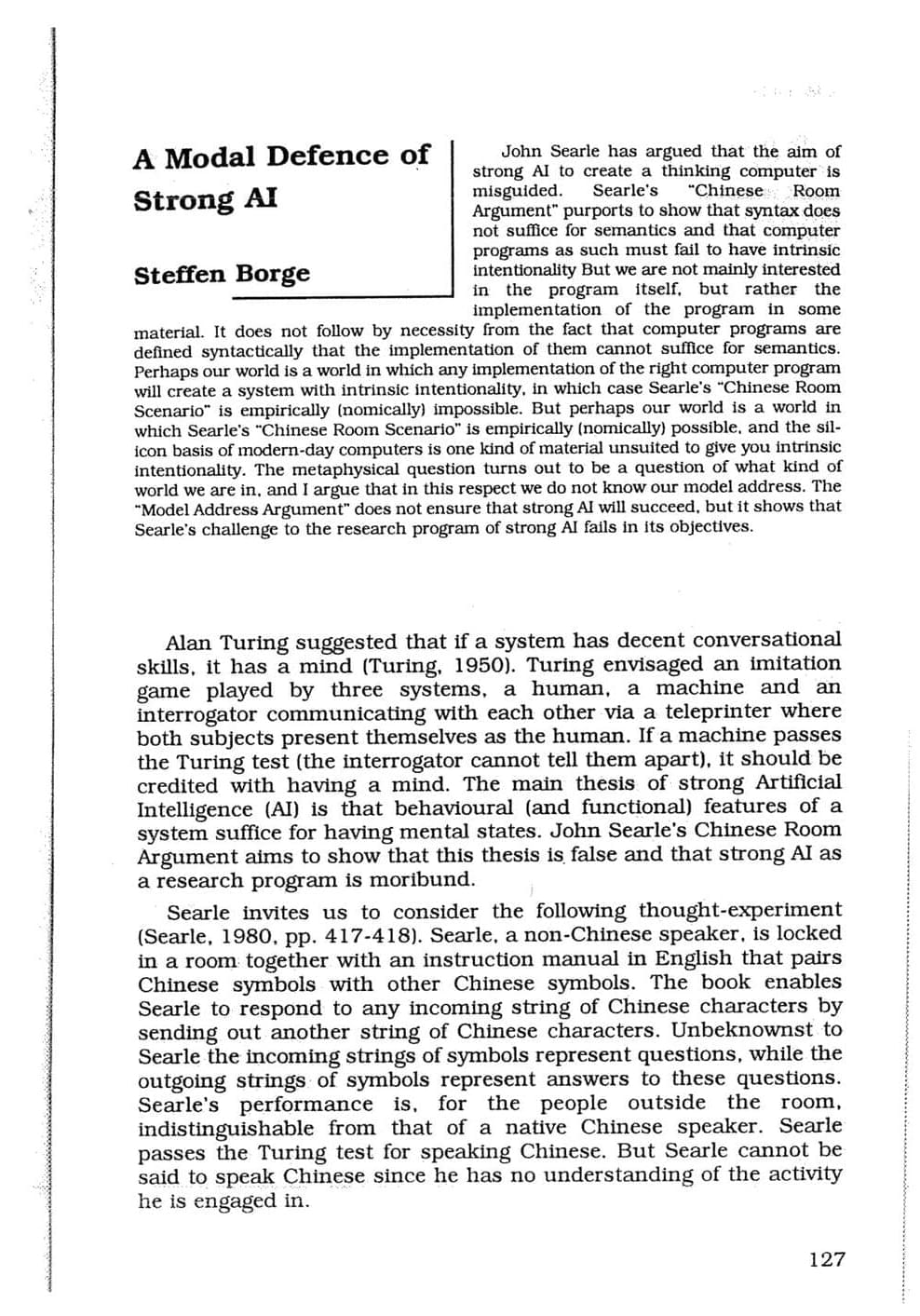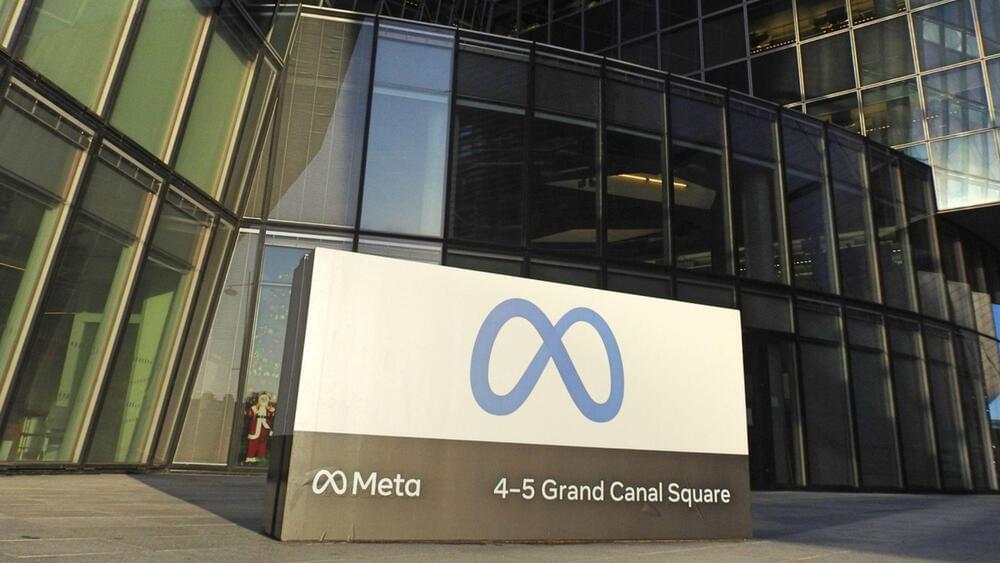Dropbox is a free service that lets you bring your photos, docs, and videos anywhere and share them easily. Never email yourself a file again!



Things are moving at lightning speed in AI Land. On Friday, a software developer named Georgi Gerganov created a tool called “llama.cpp” that can run Meta’s new GPT-3-class AI large language model, LLaMA, locally on a Mac laptop. Soon thereafter, people worked out how to run LLaMA on Windows as well. Then someone showed it running on a Pixel 6 phone, and next came a Raspberry Pi (albeit running very slowly).
But let’s back up a minute, because we’re not quite there yet. (At least not today—as in literally today, March 13, 2023.) But what will arrive next week, no one knows.

Futurist Ray Kurzweil is still making waves years after his initial singularity claims as artificial intelligence continues to progress. With singularity milestones coming, Kurzweil believes immortality is achievable by 2030. Kurzweil’s predictions are met with a healthy dose of skepticism. A new video from the YouTube channel Adagio revisits futurist Ray Kurzweil’s ideas about how for humans, both singularity and immortality are shockingly imminent—as in, potentially just seven years away.

A post-apocalyptic exhibit features an AI that expresses remorse for being the reason for the near-extinction of humanity.
The beating heart of tech-revolution, a museum in San Francisco, has visualized a memorial to the extinction of the human race, considering the fast and significant advances coming in artificial intelligence.
The pieces in the temporary exhibition combine the frightening with the humorous.
Bulgac/iStock.
“Sorry for killing most of humanity person with smile cap and mustache,” says a monitor welcoming a visitor to the “Misalignment Museum”, a new exhibit on the controversial technology.

It could be a solid step against inaccurate, racist, and sexist responses from the likes of OpenAI’s ChatGPT and Google’s Bard.
Meta hopes to assist AI researchers in making their tools and procedures more universally inclusive, with the launch of Casual Conversations v2, according to a statement from the firm on March 9.
The vast new dataset, which includes face-to-face video clips from a broad spectrum of human participants across varied geographic, cultural, racial, and physical demographics, serves as an upgrade to its 2021 AI audio-visual training dataset.
It wouldn’t be completely out of character for Joe Rogan, the comedian turned podcaster, to endorse a “libido-boosting” coffee brand for men.
But when a video circulating on TikTok recently showed Mr. Rogan and his guest, Andrew Huberman, hawking the coffee, some eagle-eyed viewers were shocked — including Dr. Huberman.
“Yep that’s fake,” Dr. Huberman wrote on Twitter after seeing the ad, in which he appears to praise the coffee’s testosterone-boosting potential, even though he never did.
Empowered by artificial intelligence technologies, computers today can engage in convincing conversations with people, compose songs, paint paintings, play chess and go, and diagnose diseases, to name just a few examples of their technological prowess.
These successes could be taken to indicate that computation has no limits. To see if that’s the case, it’s important to understand what makes a computer powerful.
There are two aspects to a computer’s power: the number of operations its hardware can execute per second and the efficiency of the algorithms it runs. The hardware speed is limited by the laws of physics. Algorithms—basically sets of instructions —are written by humans and translated into a sequence of operations that computer hardware can execute. Even if a computer’s speed could reach the physical limit, computational hurdles remain due to the limits of algorithms.

Have you ever wondered what life would be like if artificial intelligence became too powerful?
A new exhibition titled the ‘Misalignment Museum’ has opened to the public in San Francisco — the beating heart of the tech revolution — looks to explore just that, and features AI artworks meant to help visitors think about the potential dangers of artificial intelligence.
The exhibits in this temporary show mix the disturbing with the comic, and this first display has AI give pithy observations to visitors that cross into its line of vision.
Check out the Machine Learning Course on Coursera: https://click.linksynergy.com/deeplink?id=vFuLtrCrRW4&mid=40…p_ml_nov18
STEMerch Store: https://stemerch.com/
Support the Channel: https://www.patreon.com/zachstar.
PayPal(one time donation): https://www.paypal.me/ZachStarYT
Instagram: https://www.instagram.com/zachstar/
Twitter: https://twitter.com/ImZachStar.
Join Facebook Group: https://www.facebook.com/groups/majorprep/
►My Setup:
Space Pictures: https://amzn.to/2CC4Kqj.
Camera: https://amzn.to/2RivYu5
Mic: https://amzn.to/2BLBkEj.
Tripod: https://amzn.to/2RgMTNL
Equilibrium Tube: https://amzn.to/2SowDrh.
►Check out the MajorPrep Amazon Store: https://www.amazon.com/shop/zachstar?tag=lifeboatfound-20
Kaggle notebook with all the code: https://www.kaggle.com/wwsalmon/simple-mnist-nn-from-scratch-numpy-no-tf-keras.
Blog article with more/clearer math explanation: https://www.samsonzhang.com/2020/11/24/understanding-the-mat…numpy.html